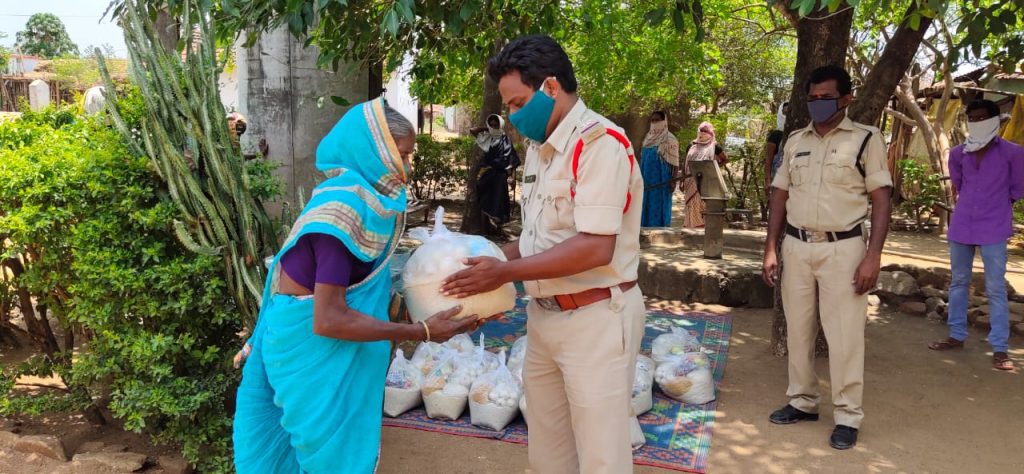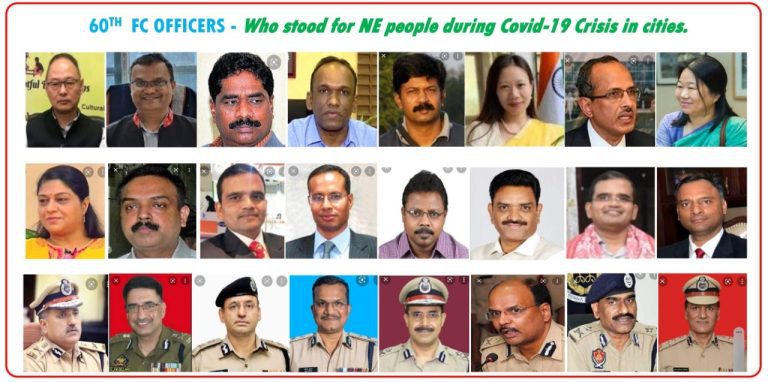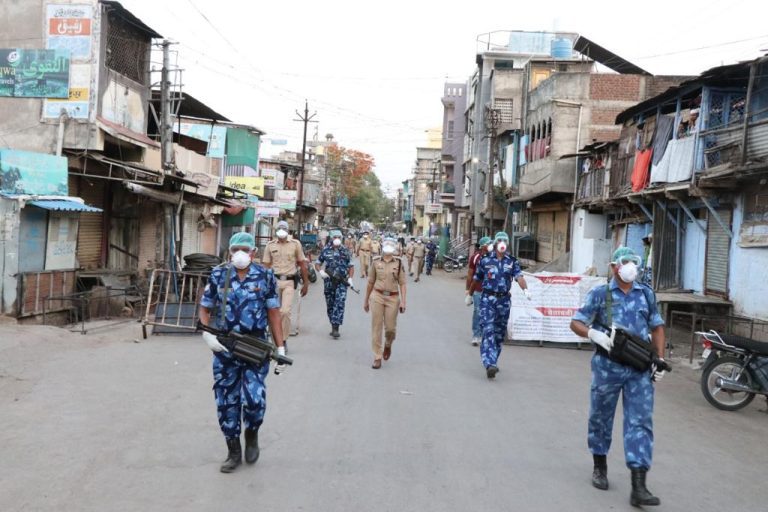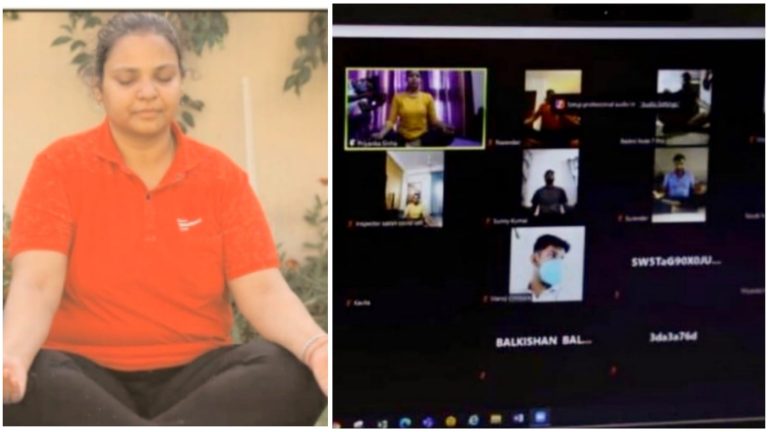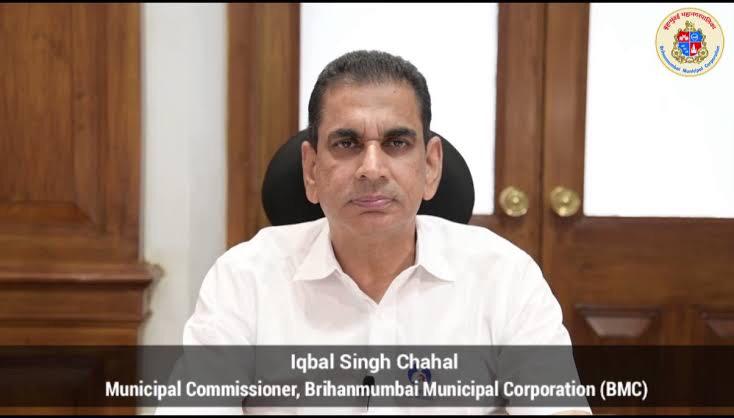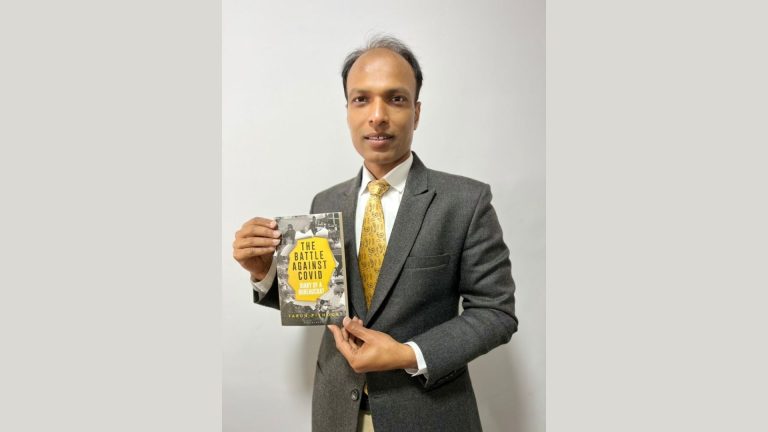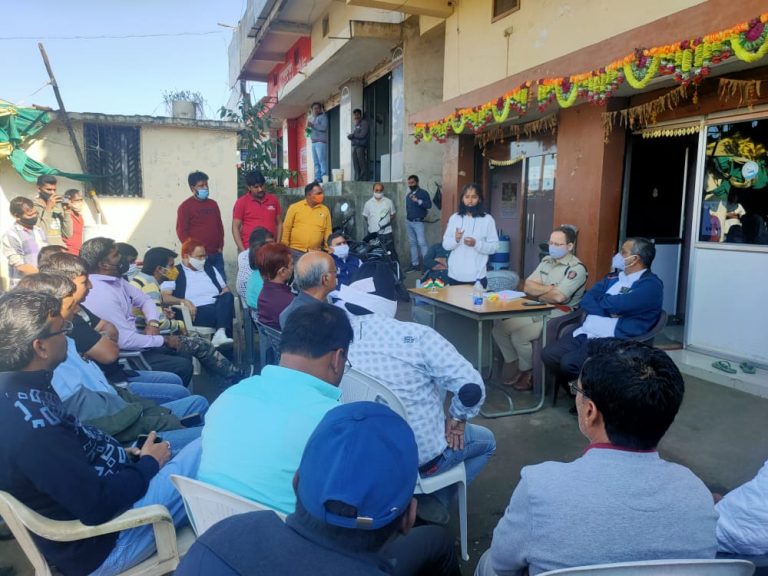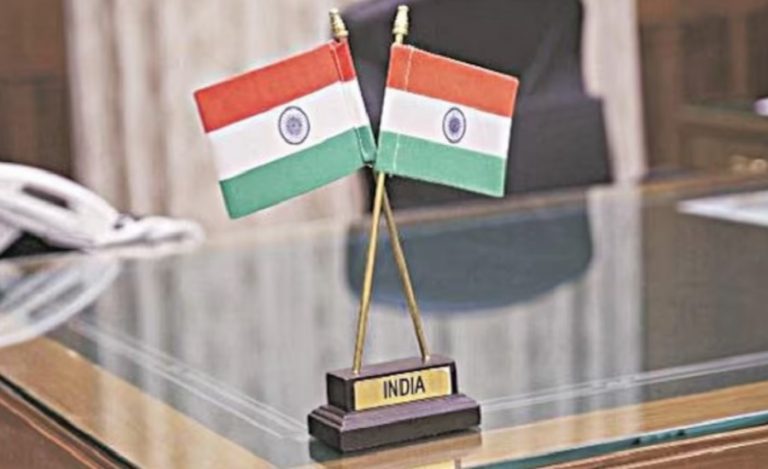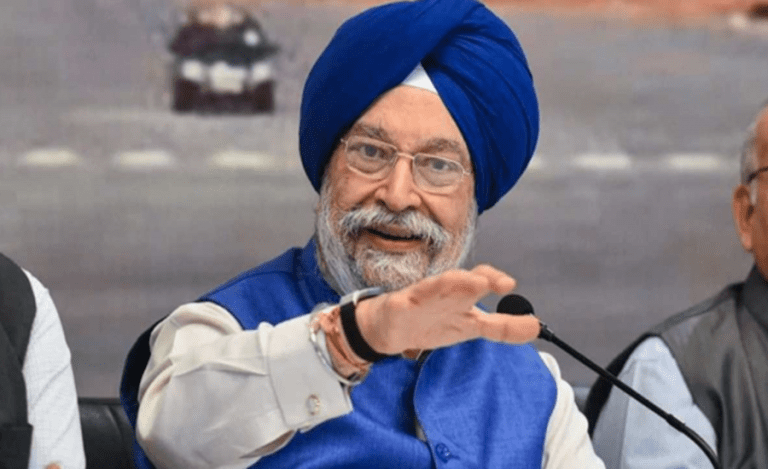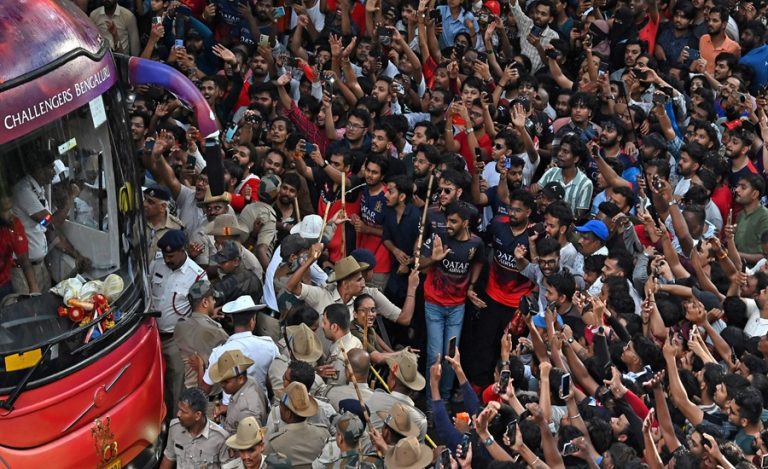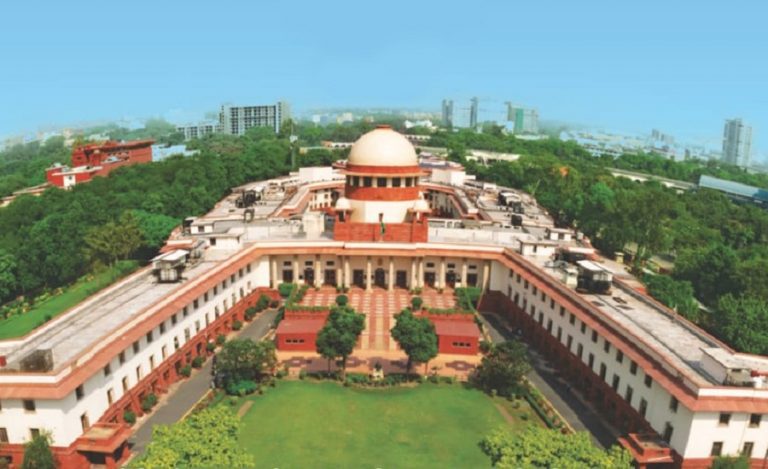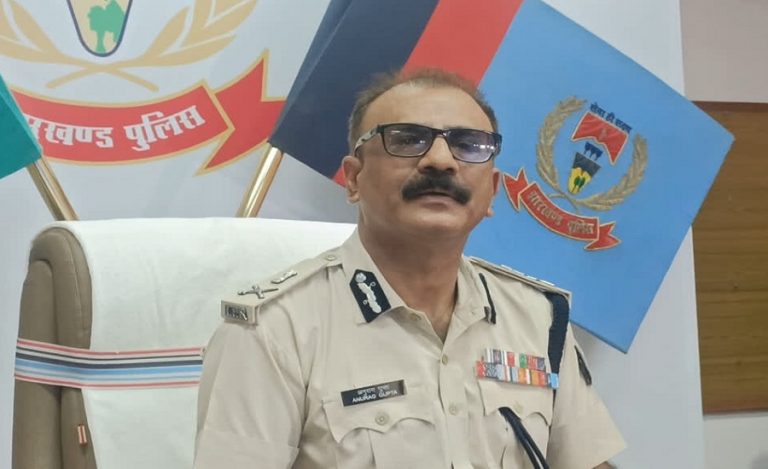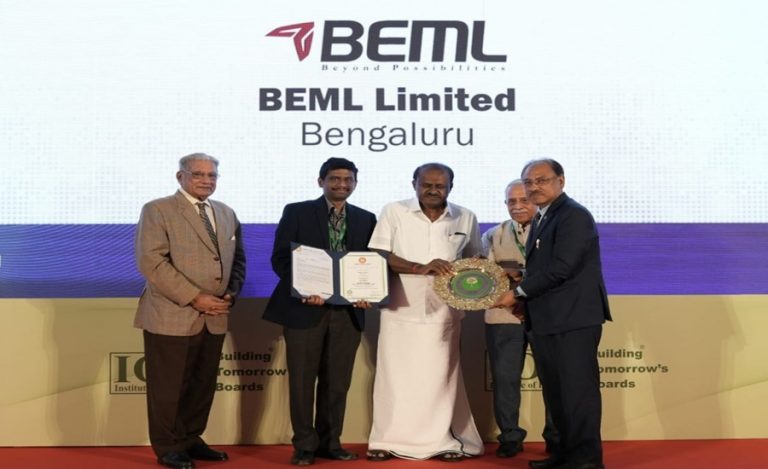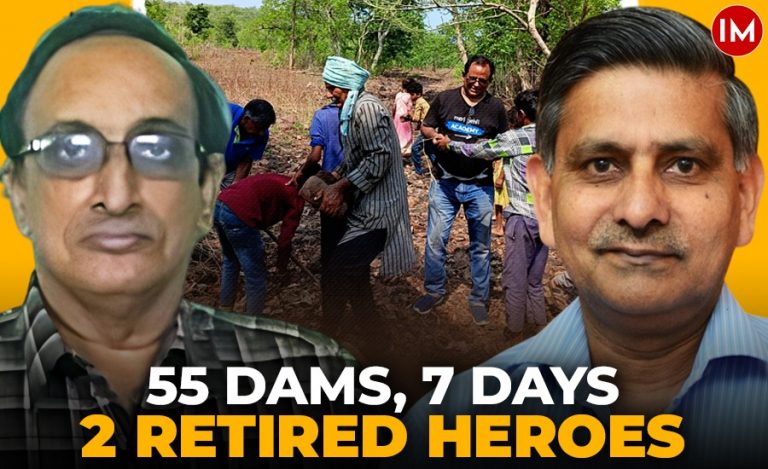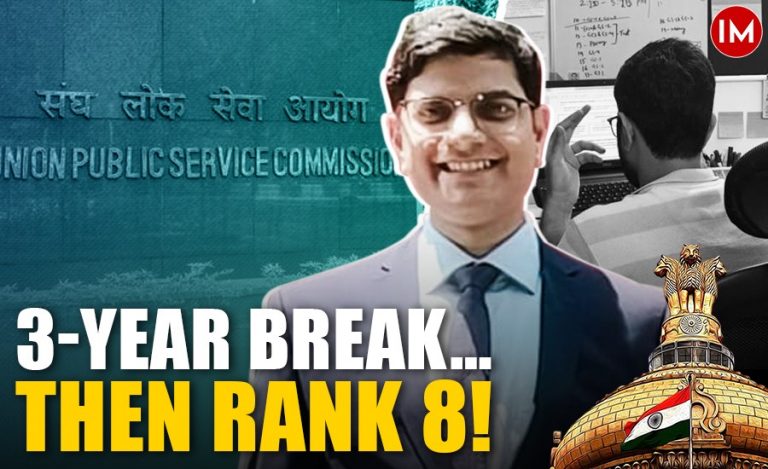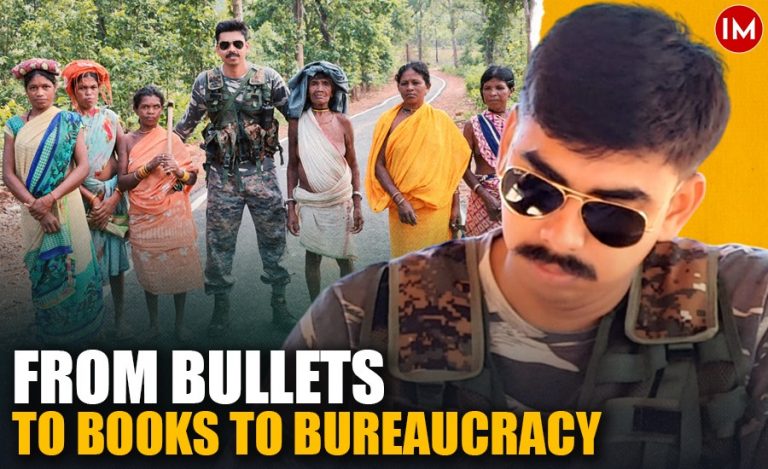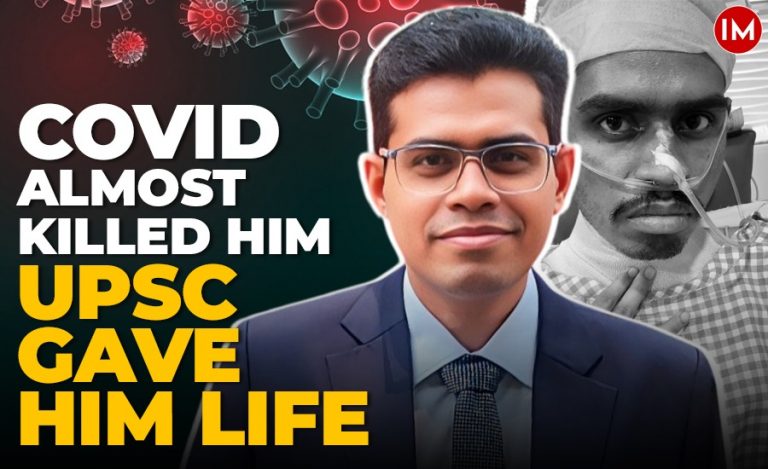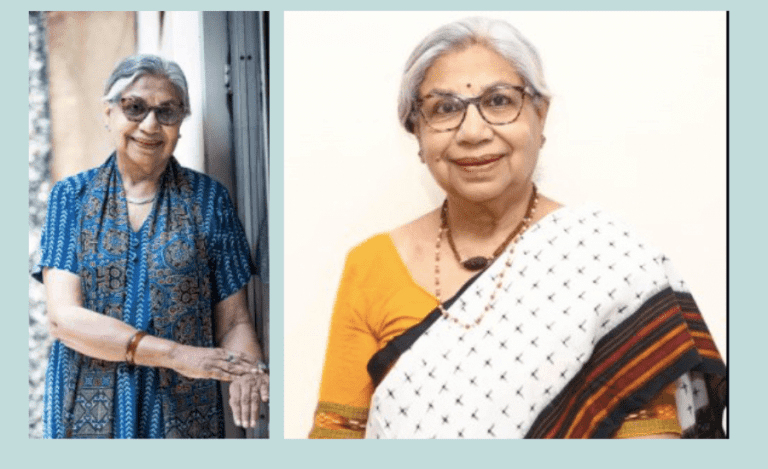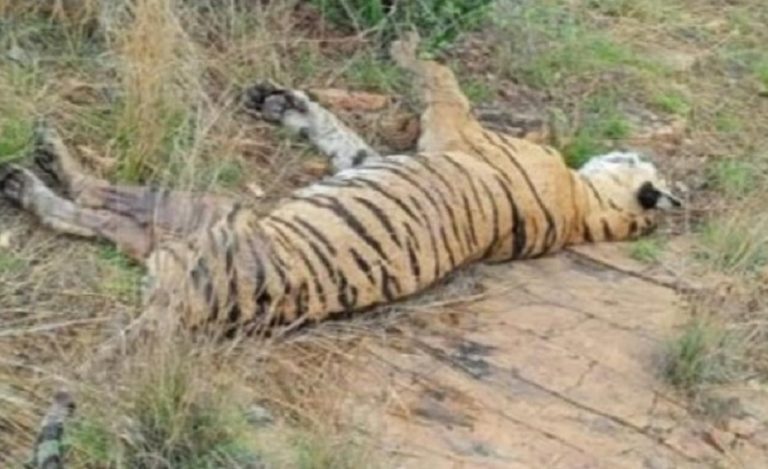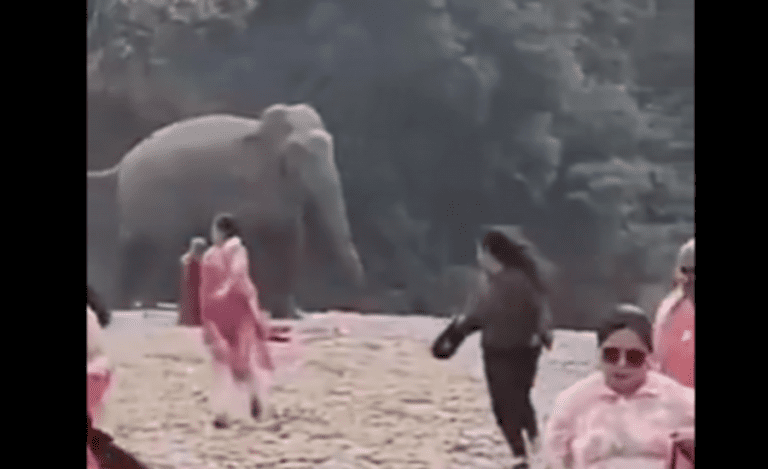The catastrophe caused by coronavirus is perhaps the most terrible thing that most of us have ever faced in our life. Death is looming around everywhere, people are gasping for oxygen. going berserk in search of hospital bed and medicines and the overall condition has gone from worse to worst.
Where even the mainstreamed and educated Indians from big states are not able to save them from this disaster, it is very necessary to keep a check and look after the tribals residing in villages and forests.
Telangana’s diligent and hardworking civil officer, Mr. N Uday Reddy has taken the responsibility to look after everyone he can and protect them from the Nobel coronavirus, as much as he can, about which he exclusively talked with Indian Masterminds.
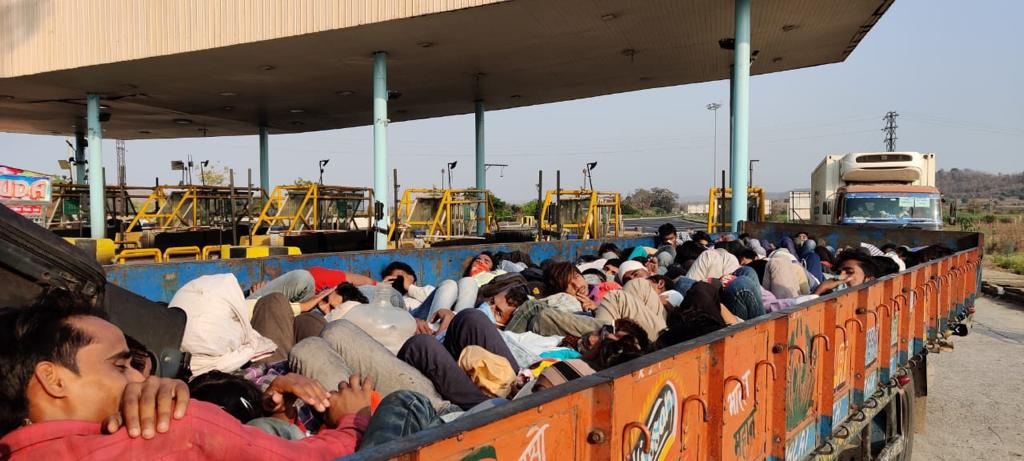
RESOLUTIONS BY THE TRIBAL BODIES
Posted as the DSP of Utnoor in Adilabad district, Telangana, Mr. Reddy’s region mostly houses tribals. They have separate institutional mechanisms divided between various ‘Adivasi’ communities.
The tribals have a traditional system called ‘Sarmedi’, in which every hamlet has a ‘patel’. The person posted on the designation of the ‘patel’ has to take care of other people in the hamlet. Through this system, they exchange their culture, traditions, festivals, etc. They only transact through this system and sit down together to resolve any pending issue. It is like their own form of administration.
“During the first wave of Covid, I engaged directly with the `Sarmedi’ which typically have 30- 40 villagers under each of its branches. All the patels (heads) of the Sarmedi came together to pass a resolution stating that all the outsiders coming to the village from the city will be kept in isolation for a few days in a local school building converted into Covid care facility,” Mr. Reddy told Indian Masterminds.
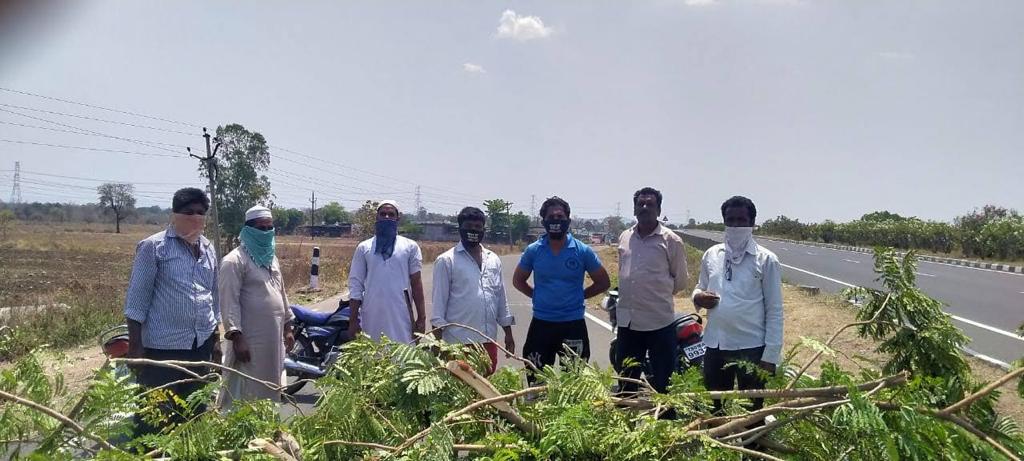
Secondly, they resolved that if anyone required basic necessities and items for daily consumption, they will allot a single person from each hamlet with the help of `sarpanch’ and only that particular person will acquire the groceries and necessities and distribute it among the rest of the people.
“Last year, I and my team were getting these 26 hamlets the required groceries and necessities but this year that hasn’t been possible as we are busy on field duty, most of the time, as the country isn’t under lockdown and everyone is moving from one place to another,” says the officer.
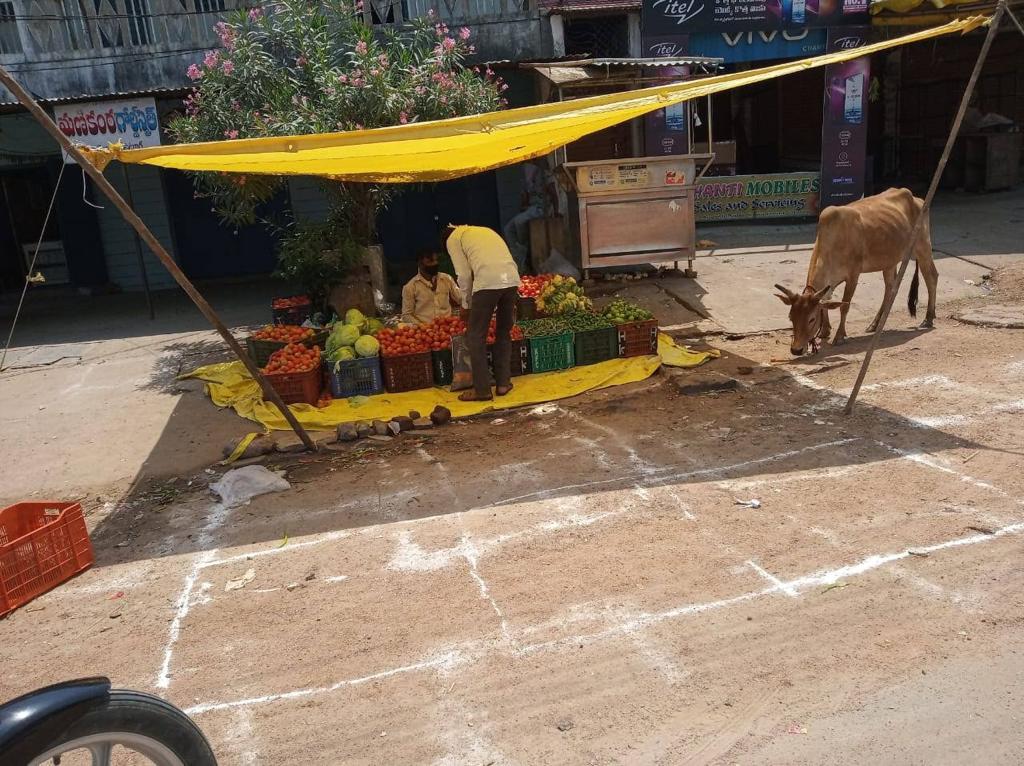
WORSE CONDITION THAN PREVIOUS YEAR
Through the Sarmedi system, Mr. Reddy was successful in ensuring that there weren’t any positive cases in the Adivasi hamlets, during the first wave last year. However, contrary to that, during the second wave this year, even remote hamlets have succumbed to the pandemic and there has been a rise in the cases.
“On April 20 th 2021, the Sarmedi came together again and made a resolution saying that they will stick to the same rules as they did last year and assured us that they would minimize their movement outside and will take the help of patels and sarpanch for groceries and necessities,” Mr. Reddy told Indian Masterminds.
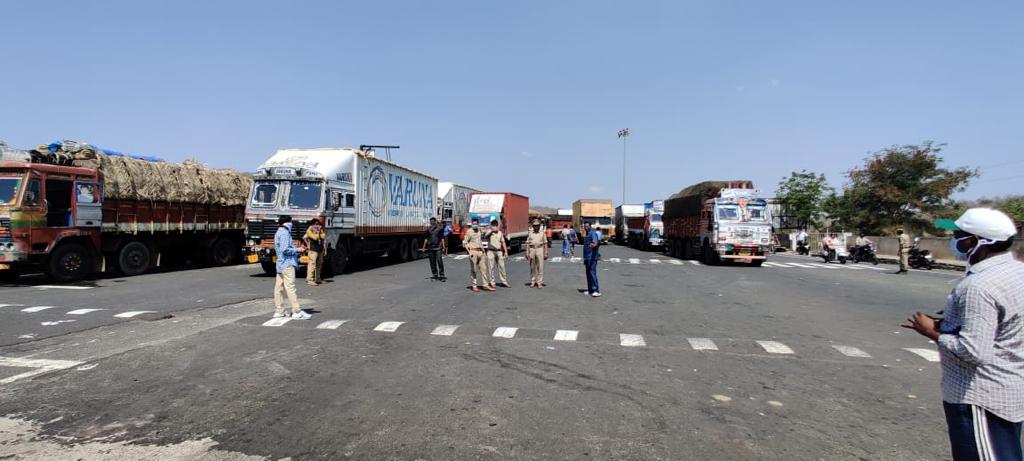
SAFETY IN THEIR OWN HANDS
Being helped by these resolutions, the 2017-batch officer is trying to keep the tribal community away from the virus. According to him, “Enforcing masks, cutting challans and keeping a strict finger is one thing for us, but the remoteness of this place and their traditions such as the Sarmedi system is helping us in saving them from the harsh and cruel pandemic.”
Looking at the grim condition in the rest of India, this particular tribal region in Telangana is relatively successful in dealing with the pandemic, to an extent which is also quite necessary looking at the healthcare infrastructure in the district, which is almost negligible.
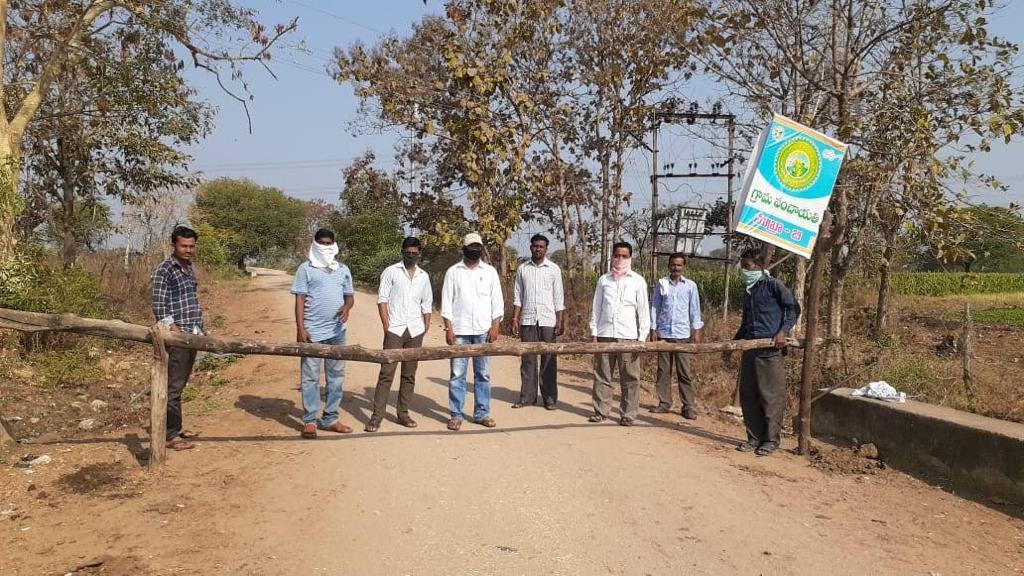
They don’t have a single proper Covid care facility or the means to set up one. The entire region has just one hospital which is the one and only Covid designated hospital of the district and is already running beyond its capacity.
“In case these Adivasis fall prey to the pandemic, it would be a helpless situation so we are trying to limit the spread as much as possible and to an extent, have been successful in doing so,” Mr. Reddy told Indian Masterminds.
VACCINATION DRIVES
Talking about the vaccination drive going on in the district and also for the tribals, Mr. Reddy stated that the drives are not very widespread, given the fact that people’s movement is restricted. As of now, about 80% of the frontline workers, including police personnel, have been vaccinated.
Due to the fact that Adivasi are superstitious people, vaccine penetration is not something they are keen to go for and their traditional beliefs often stop them from taking the vaccine.
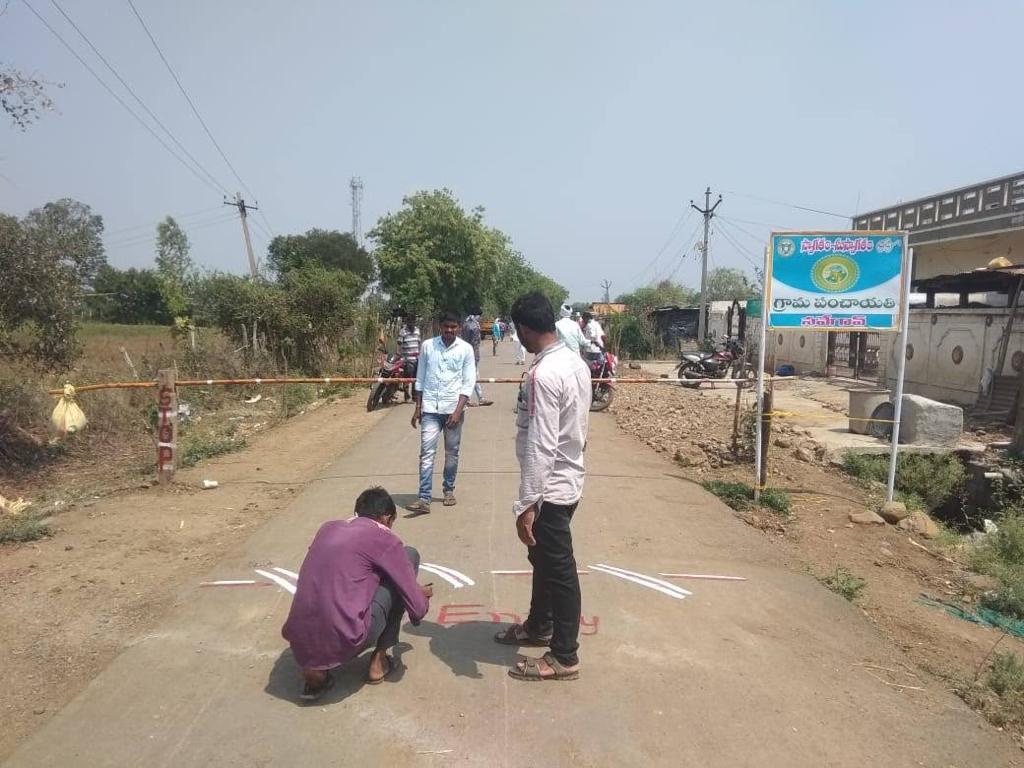
“To deal with these superstitious beliefs and motivate them to take the vaccine for their good health, we are focusing on raising awareness campaigns to make them accept the vaccination medicines,” Mr. Reddy told Indian Masterminds.
So far these efforts by Mr. Reddy have borne results. And it’s hoped that unlike the rest of the country, the situation here will not spiral out of control, as is happening in the so-called “developed” metro cities like Delhi and Bengaluru.

